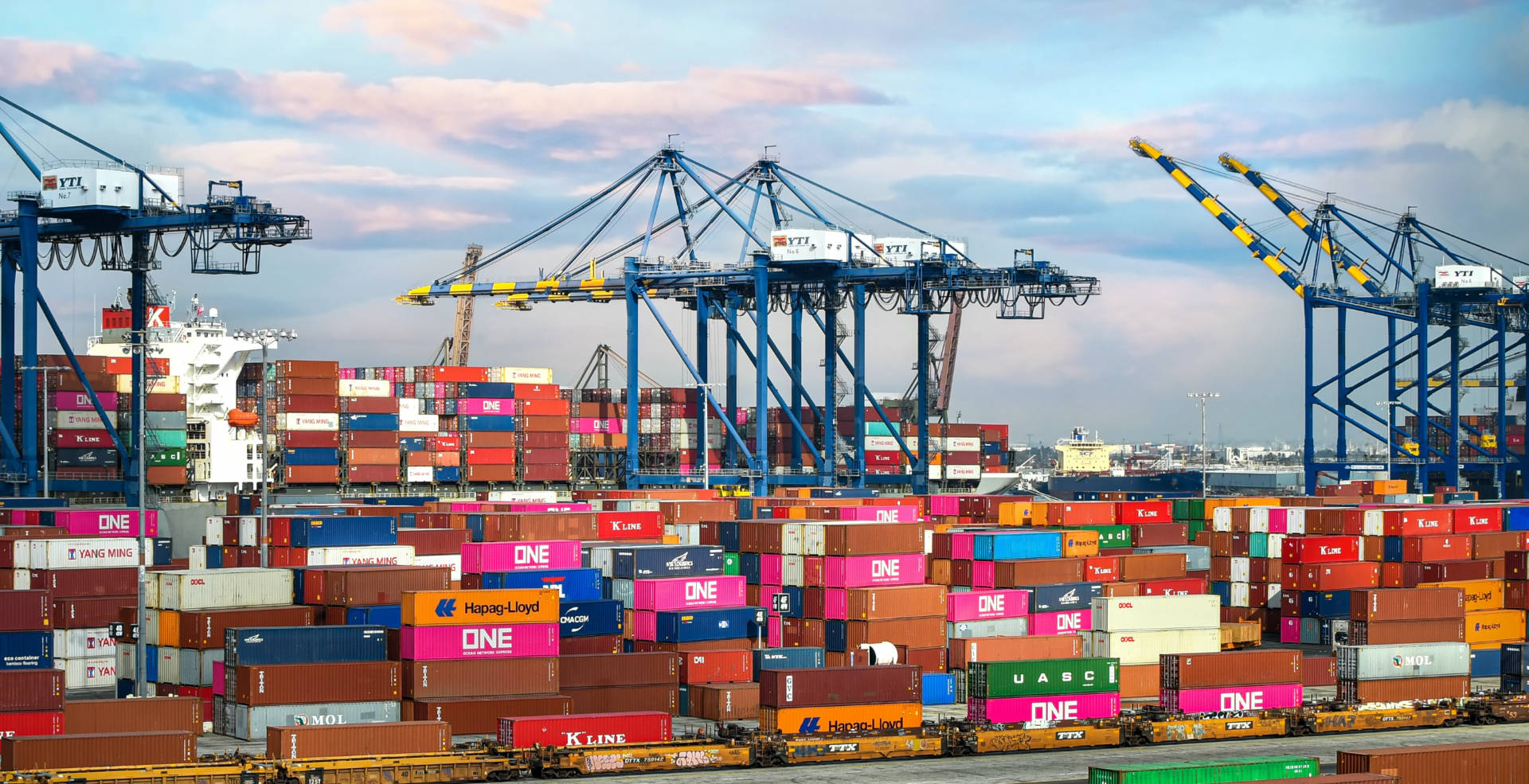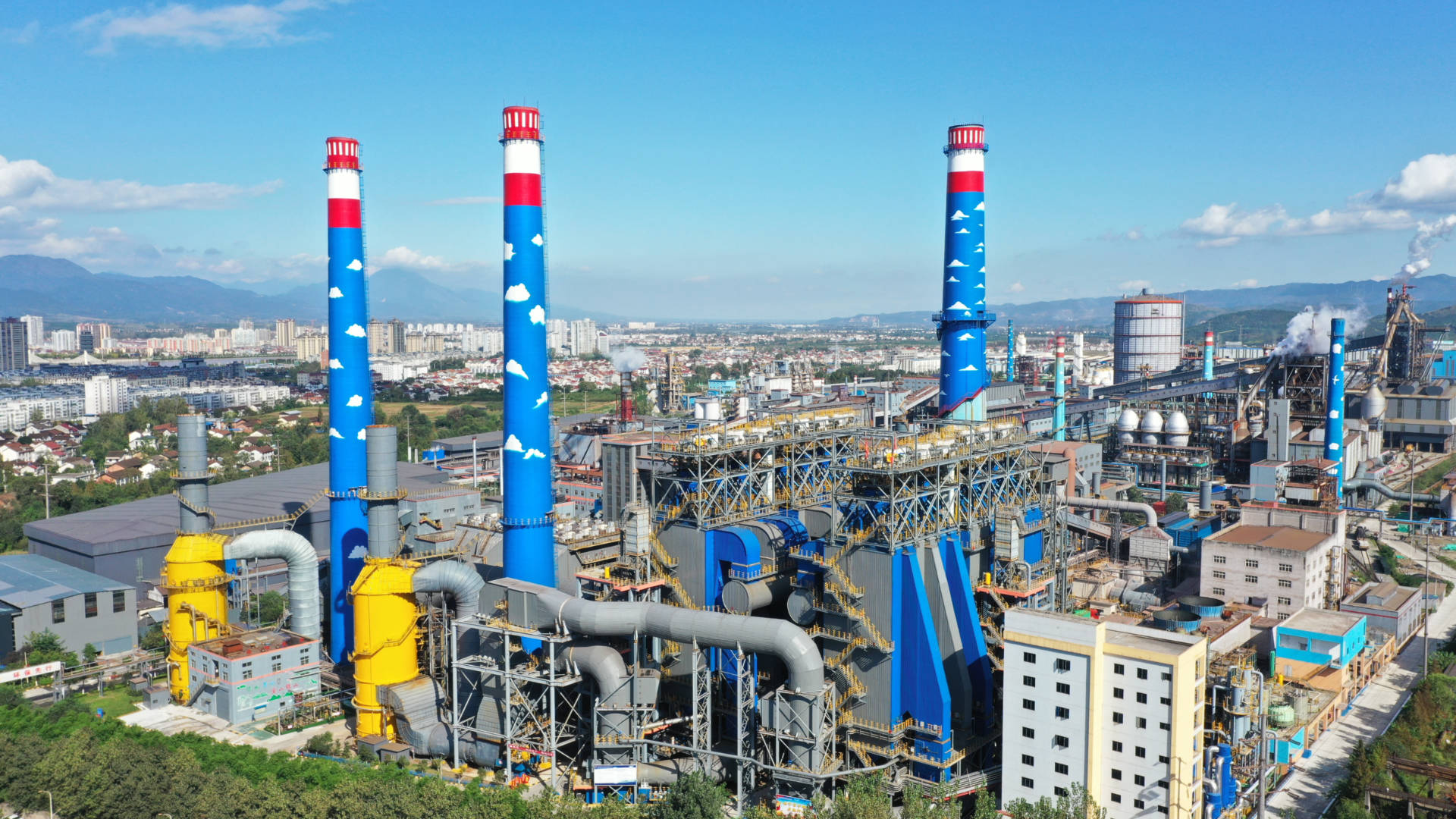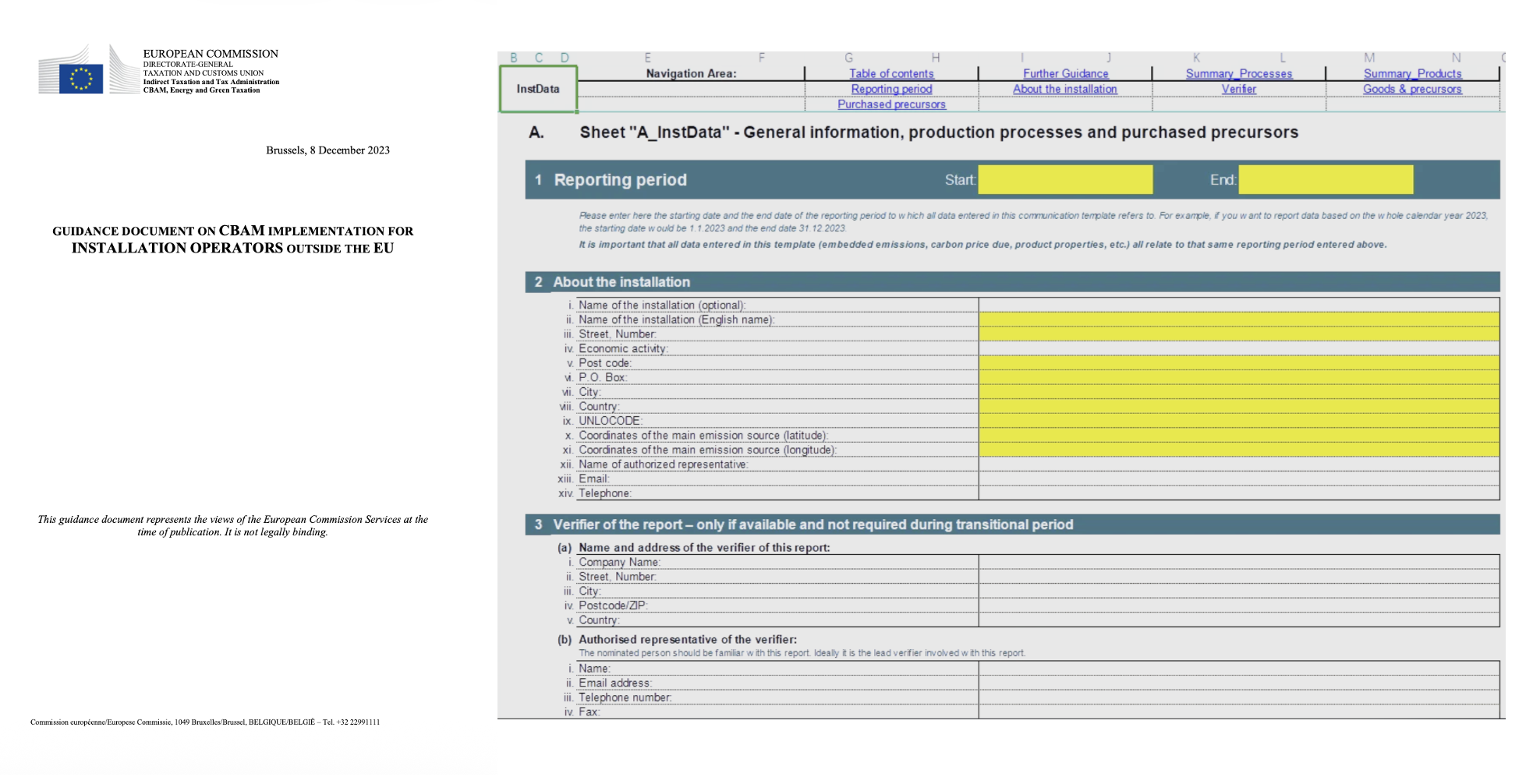Policy Overview
What is CBAM (EU Carbon Border Adjustment Mechanism)?
In May 2023, the Carbon Border Adjustment Mechanism (CBAM) was officially launched, covering steel, cement, aluminum, fertilizers, electricity, and hydrogen.
Transition Period: October 1, 2023 to December 31, 2025
- Basic Requirements. Products from six industries imported into the EU must submit quarterly and annual carbon emission reports without taxation.
- Impact. EU importers subject to CBAM will require domestic exporters to provide carbon emission data reports and upload them to the EU CBAM system.
Note: For goods imported in Q4 2025, the final report must be submitted by January 31, 2026.
Taxation Period: Starting January 1, 2026
- Basic Requirements. Products from six industries imported into the EU must purchase CBAM certificates corresponding to their emissions, priced at the average carbon price of the EU carbon market from the previous week.
- Impact. Domestic exporters will pay carbon tariffs by purchasing CBAM certificates, which are tradable. During the taxation period, exporters only need to submit annual reports.

Enterprise Challenges
Preparing CBAM reports is more than just filling out a form—it's a systemic project that touches the foundation of enterprise data, operational processes, and core strategies. The challenges are interconnected: data issues lead to inaccurate calculations, triggering compliance risks and cost overruns, ultimately threatening market competitiveness.
- Data Collection Challenges: Many enterprises lack complete, continuous, or accurate basic data (e.g., material consumption, energy use, production parameters). Obtaining precise, CBAM-compliant carbon emission data from upstream suppliers is extremely difficult.
- Complex Calculation Methods: CBAM's accounting rules are highly detailed and technical, covering direct emissions and specific indirect emissions. The EU's guidelines are continuously evolving, requiring enterprises to stay updated.
- Talent Shortage: There is a severe lack of professionals skilled in carbon accounting, EU regulations, international trade, English, and specific production processes.
- Verification Pressure: CBAM reports must be certified by EU-accredited auditors. Enterprises must ensure accuracy and withstand rigorous third-party scrutiny.
- Competitiveness Impact: CBAM costs reduce price competitiveness for EU exports, potentially leading to lost orders and market share. EU clients may shift to "greener" suppliers due to carbon costs.

Our Services
Expert One-on-One Support
- Policy interpretation by experts to help enterprises understand CBAM and develop tailored accounting solutions.
- Assistance in completing CBAM reports quickly, accurately, and efficiently.
- One-click carbon emission calculations for rapid carbon footprint assessment.
- Automated compliance reporting to reduce verification burdens.
